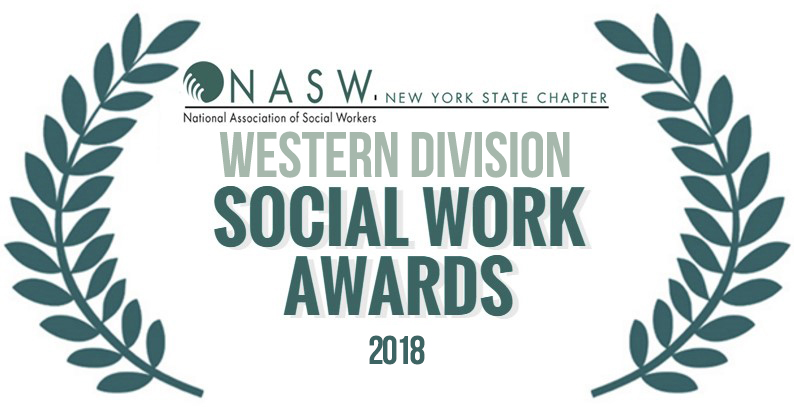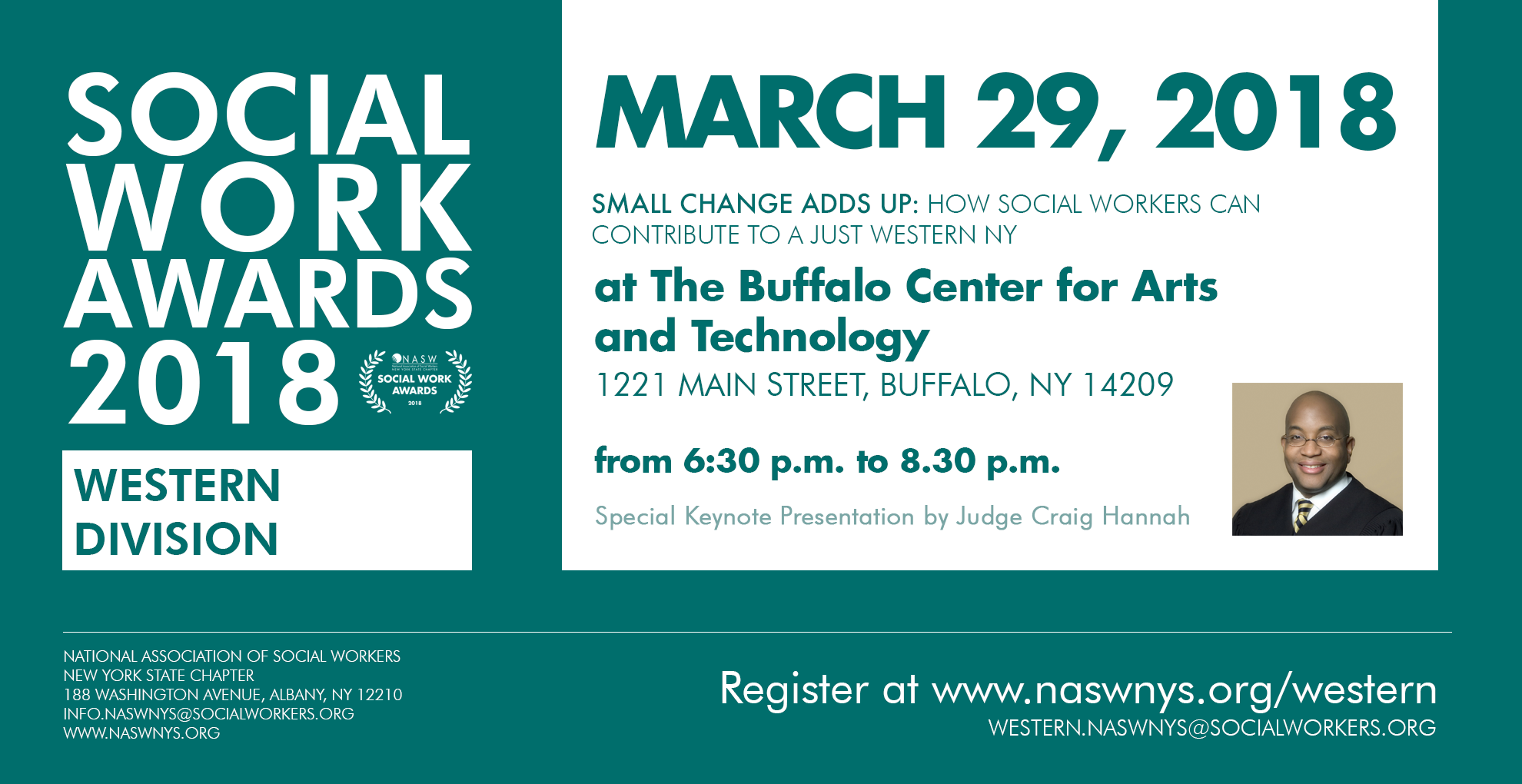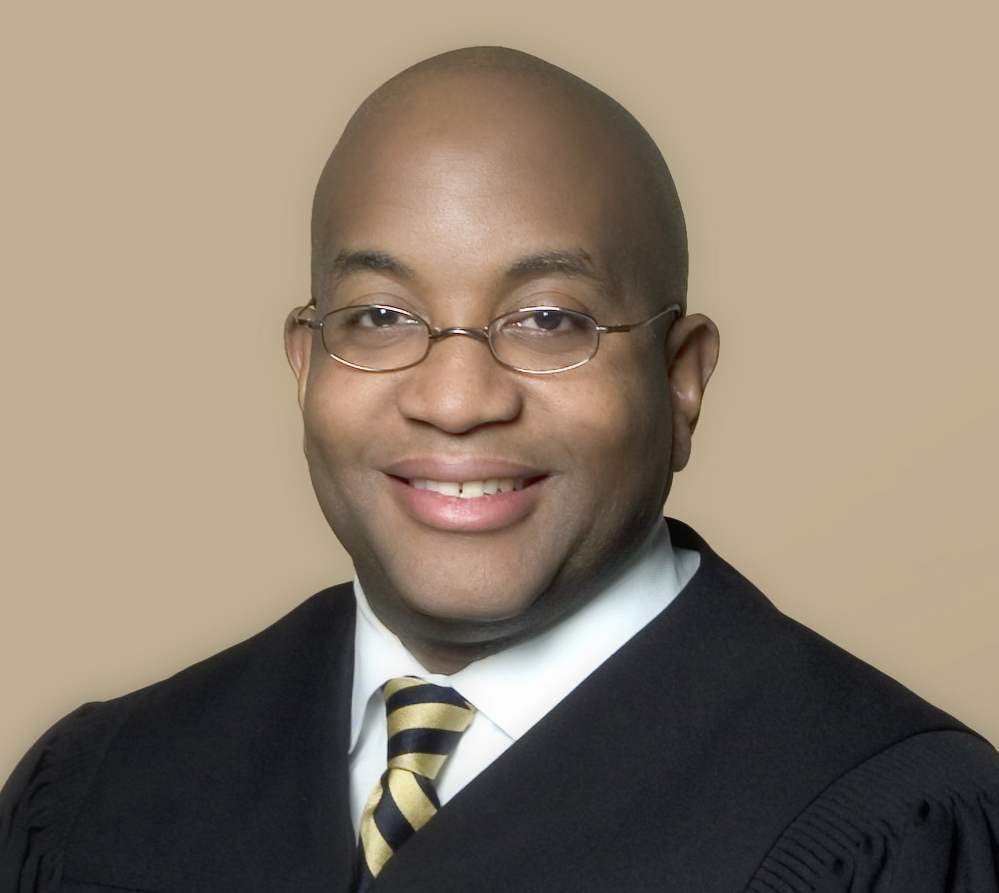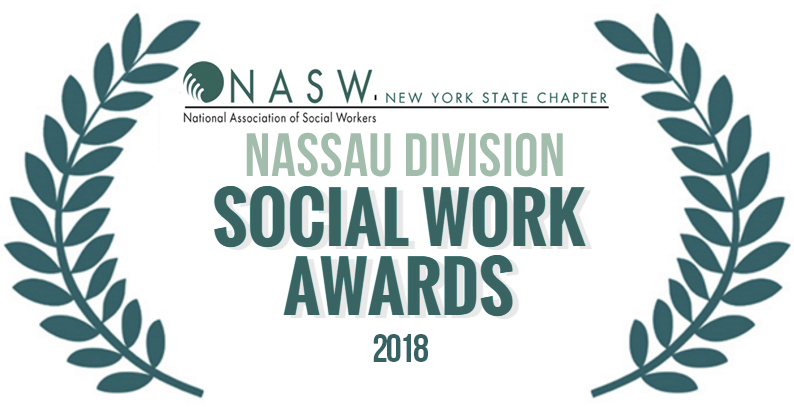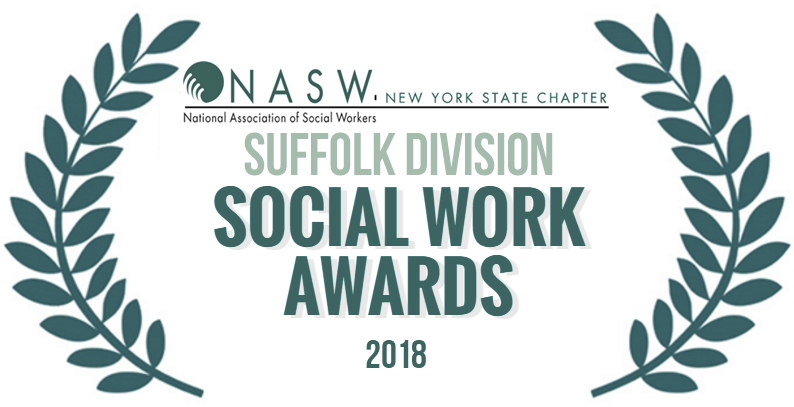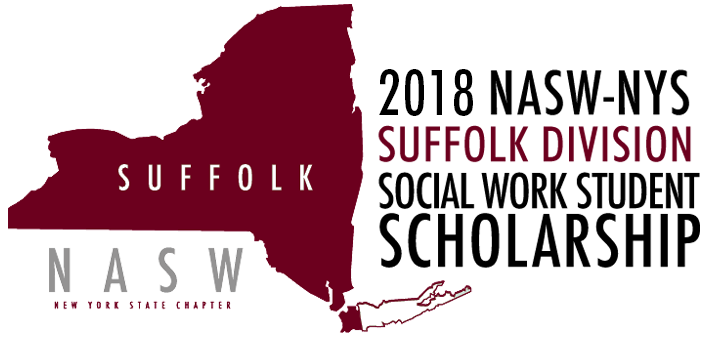
February 23, 2018
NASW-NYS Statement on Gun Violence in Schools
In the aftermath of the horrific school shooting in Florida, NASW once again demands President Trump and Congress declare gun violence a public health crisis, which would mandate that public officials develop strategies to reduce gun-related deaths and injuries, and calls for passage of sensible gun laws.
The United States has seen a spate of mass shootings within the past several months, and New York State is no stranger to gun violence. Just nine years ago, Binghamton experienced what was then the seventh worst mass shooting in America when 14 people were murdered at the American Civic Association. Sadly, the Binghamton shooting is now the thirteenth worst mass shooting, with those in Las Vegas, Sandy Hook and Parkland, FL, alone resulting in more than 100 deaths.
Each mass shooting ignites a debate about what causes an individual to make the decision to the end the lives of others. The National Association of Social Workers – New York State (NASW-NYS) Chapter would like to be clear that the issue of addressing gun violence is distinct from the right to own firearms. Our focus is to mobilize legislators, stakeholders, and the community to reduce gun-related deaths and injuries through honest dialogue and sensible gun reform that keeps dangerous weapons out of the wrong hands.
We also believe in an organized collaboration to address gun violence as a national public health emergency. Gun violence is a complex and multifaceted issue that requires multidisciplinary trauma-informed solutions that address the influence of social determinants of health on gun violence – including racism, poverty, and mental health. Social work has always taken a holistic and interdisciplinary approach to preventing, addressing, and solving social health problems, therefore, it should not be surprising that social workers are at the forefront in responding to the national gun violence crisis.
All of us share the responsibility to make our country a safe place to work, learn, live, and play. Our schools are no exception. Our children deserve to have an uninterrupted education without any fear or threat to their physical and mental well-being. Teachers work hard every day to educate our children to their greatest potential, but know their students have myriad challenges that are beyond their scope and purview. Many students today face unstable housing, addiction, violence, and deliberate acts of discrimination and bullying. That’s where school social workers come in. School social workers are the professionals best equipped to handle the social and psychological issues that can block academic progress.
As such, NASW-NYS will continue to ensure the passage of a bill in New York that would mandate every school district provide their students with access to a school social worker to assist with the students’ mental health. School social workers are Specialized Instructional Support Personnel (SISP). They provide crucial mental health services in schools, have the training to recognize and respond to students affected by traumatic stress, meet students’ social emotional needs, and are often the first place mental health concerns are addressed. School social workers help young people overcome the difficulties in their lives, and as a result, give them a better chance at succeeding in school and in life.
The recent tragedy in Florida has emboldened our need to take action to proactively build a healthy school climate for all children and a safer community for all. Real solutions based on research and evidence-based policy exist, but we cannot get to those solutions until our country admits that it has a serious gun problem and prioritizes the safety of our students.
# # #
